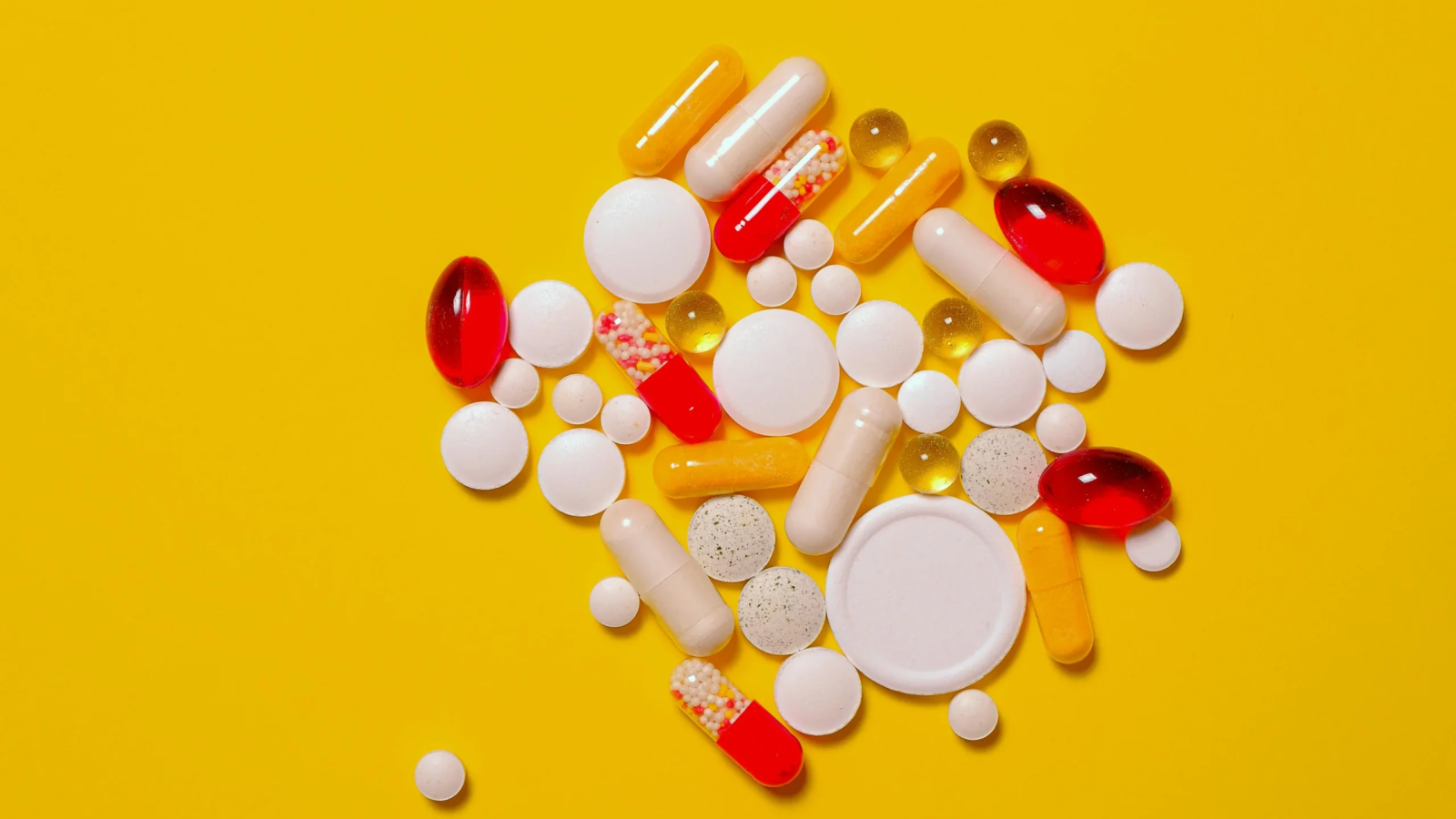Recovery is a critical component of any fitness regimen, allowing the body to repair and strengthen itself between workouts. While rest and proper nutrition are foundational, certain dietary supplements can play a supportive role in accelerating recovery processes. Based on current research, including findings from the article “Nutritional Compounds to Improve Post-Exercise Recovery” published in Nutrients, here’s an overview of supplements that may aid in post-exercise recovery.
Understanding Exercise-Induced Muscle Damage (EIMD)
Intense physical activity can lead to EIMD, characterized by muscle soreness, inflammation, and reduced performance. This condition results from mechanical stress and metabolic disturbances during exercise, leading to microtrauma in muscle fibers. Addressing EIMD effectively is essential for athletes and fitness enthusiasts aiming to maintain consistent training schedules.
Key Supplements for Recovery
1. Tart Cherry Juice
Tart cherry juice is rich in polyphenols, compounds with antioxidant and anti-inflammatory properties. Studies have shown that consuming tart cherry concentrate (~600 mg polyphenols) twice daily for at least three days before exercise can reduce muscle soreness and improve strength recovery. Its efficacy is attributed to its ability to mitigate oxidative stress and inflammation associated with EIMD.
2. Omega-3 Fatty Acids
Omega-3 fatty acids, particularly EPA and DHA, are known for their anti-inflammatory effects. Supplementation with omega-3s has been associated with reduced muscle soreness and markers of muscle damage post-exercise. Incorporating omega-3-rich foods like fatty fish or supplements can support recovery processes.
3. Branched-Chain Amino Acids (BCAAs)
BCAAs—leucine, isoleucine, and valine—are essential amino acids that play a role in muscle protein synthesis. Some research suggests that BCAA supplementation may reduce muscle soreness and accelerate recovery, although findings are mixed. Adequate dietary protein intake typically provides sufficient BCAAs for most individuals.
4. Creatine Monohydrate
Creatine is well-known for enhancing strength and power during high-intensity exercise. Additionally, it may aid in recovery by reducing muscle cell damage and inflammation. Regular supplementation can support muscle repair and adaptation following strenuous workouts.
5. L-Glutamine
L-Glutamine is an amino acid involved in immune function and intestinal health. Some studies indicate that it may reduce muscle soreness and improve recovery, particularly in untrained individuals. However, more research is needed to confirm its benefits for trained athletes.
6. Curcumin
Curcumin, the active compound in turmeric, possesses anti-inflammatory and antioxidant properties. Supplementation may help alleviate muscle soreness and inflammation post-exercise. Its bioavailability is enhanced when taken with piperine, found in black pepper.
7. Pomegranate Extract
Pomegranate is rich in polyphenols and has been studied for its potential to reduce oxidative stress and inflammation. Preliminary research suggests that pomegranate extract may aid in muscle recovery, but further studies are warranted.
Additional Considerations
While the above supplements show promise, it’s important to approach supplementation thoughtfully:
- Dosage and Timing: Effective dosages and timing vary among supplements. For instance, tart cherry juice is most effective when consumed consistently before and after exercise.
- Individual Needs: Responses to supplements can differ based on factors like training status, diet, and individual physiology.
- Quality and Safety: Choose high-quality supplements from reputable sources to ensure safety and efficacy.
- Whole Foods First: Prioritize obtaining nutrients from a balanced diet rich in whole foods before considering supplementation.
Conclusion
Incorporating specific supplements can support the body’s natural recovery processes following intense exercise. Tart cherry juice and omega-3 fatty acids have the most substantial evidence backing their efficacy in reducing muscle soreness and inflammation. Other supplements like BCAAs, creatine, L-glutamine, curcumin, and pomegranate extract show potential benefits but require further research. As with any supplementation strategy, it’s essential to consider individual needs and consult with healthcare professionals when necessary.

